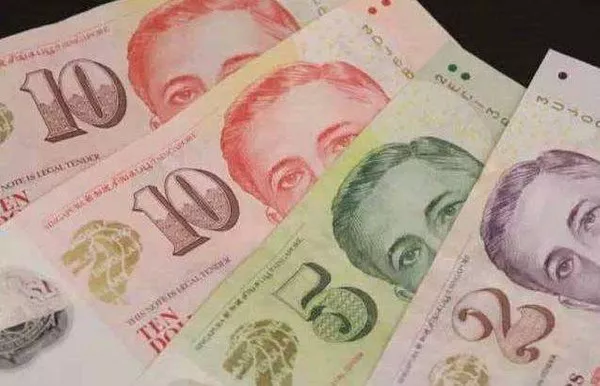Money has been part of human civilization for millennia, serving as a medium of exchange and store of value. From bartering goods to using precious metals like gold and silver, the evolution of money has been driven by the need for a trustworthy and universally accepted means of conducting commerce.
One currency that has gained prominence on the world stage is the Swiss franc (CHF). In this article, we’ll explore what money is, the properties of the CHF, and why it matters in today’s global economy.
Defining Money
At its core, money is anything that can be used as a medium of exchange for goods and services. It needs to be widely recognized and accepted as having a certain value, which is usually determined by market forces.
The properties of money may vary depending on the culture and era but generally include divisibility, portability, durability, and limited supply. The most commonly recognized forms of money are coins and banknotes, which are issued by governments and central banks.
The Swiss Franc: History and Overview
The Swiss franc is the official currency of Switzerland and Liechtenstein, with the abbreviation “CHF” standing for “Confoederatio Helvetica Franc.” It has a long history dating back to the 19th century when Switzerland adopted the Swiss Federal Constitution and formed a centralized government.
One notable feature of the CHF is that it has historically been viewed as a safe-haven currency due to Switzerland’s political neutrality and stable economy. This has made it a popular currency for investors during times of market volatility and uncertainty.
Key Takeways
CHF is the abbreviation for the Swiss franc, which is the official currency of Switzerland.
CHF is the only franc that is still issued in Europe after the other nations, that used to denominate their currencies in francs, adopted the euro.
CHF’s popularity stems from its status as a perennial safe-haven currency.
In the 20th century, the Swiss National Bank was required to keep 40% of its reserves in gold, but this requirement was eliminated in 2000.
CHF was briefly pegged to the euro between 2011 and 2015.
Properties of the CHF
Like all currencies, the CHF possesses certain properties that make it an effective medium of exchange and store of value. Some of these properties include:
1. Stability – The CHF has historically been known for being a stable currency, with low inflation and a strong economy.
2. Security – Swiss banknotes and coins are highly secure and difficult to counterfeit, thanks to the use of advanced technology and design features.
3. Liquidity – The CHF is widely traded on global foreign exchange markets, making it relatively easy to buy and sell.
4. Accessibility – Swiss banks offer a wide range of financial services, making it easy for individuals and businesses to conduct transactions in CHF.
Uses of the CHF
The CHF is primarily used for commerce within Switzerland and Liechtenstein, but it is also widely used for international trade and investment. Many multinational corporations and investors hold CHF as a hedge against market volatility and currency fluctuations.
The CHF has also become a popular currency for tourism, with Switzerland’s picturesque landscape and reputation for luxury attracting visitors from around the world.
Investing in the Swiss Franc
Due to the stability of the Swiss economy, the Swiss franc has long been regarded as a safe haven asset by investors worried about the turmoil in larger markets. Although it is possible to gain CHF exposure by simply buying Swiss francs, this strategy may not be ideal for retail investors because it requires them to set up a forex account.
An alternative strategy would be to invest in exchange traded funds that make investments in the Swiss currency. These funds can be traded through an ordinary brokerage account, without the trouble of setting up a separate forex account. More adventurous traders can also bet on the franc through currency futures or options trades.
Conclusion
In summary, money is an essential component of modern society, enabling us to conduct commerce and store value in a trusted medium. The Swiss franc, or CHF, is a well-respected currency that possesses many desirable properties, including stability, security, liquidity, and accessibility.
As such, it has become an important currency for international trade, investment, and tourism. Understanding the properties of the CHF and its role in the global economy can help individuals and businesses make informed decisions when conducting transactions involving this currency.


